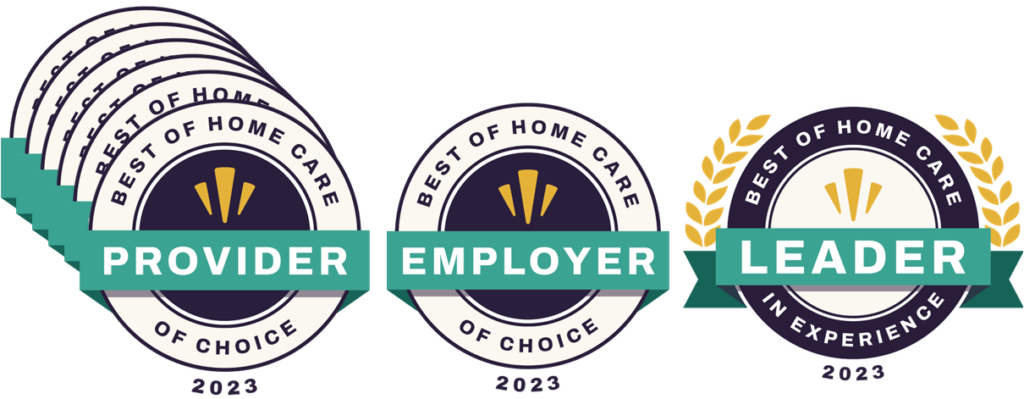The CDC points out that 23 percent of all adults — that’s more than 54 million people — suffer from arthritis. Additionally, one in four adults with arthritis say they suffer from severe joint pain, to the point that it precludes them from performing basic and essential daily tasks well. This can especially be a problem for home-bound seniors, whereby the simplest tasks such as changing a lightbulb or pulling some weeds can be painful if not outright impossible.
Arthritis may prevent your senior from handling basic yet vital tasks around the house and in the yard. This is where our personal assistance services come in handy. Our caregivers can provider extra care and help when it comes to all those small details, like buttoning shirts and opening soup cans, that can be tough for an arthritic senior.
While many seniors understand the need for exercise, their severe pain often times prevents them from moving around more than they have to.
Arthritis is truly a catch 22 — the pain that results from this chronic condition can keep seniors from exercising, but in reality, it’s one of the ideal ways to relieve arthritis pain, says Aging Care.
Check out these tips to make exercise regimens more arthritis-friendly for your senior loved one:
- Get pain under control: Proper pain management is essential before starting any workout. Go to your doctor to get an accurate diagnosis on your specific type of arthritis, and obtain the right prescriptions for anti-inflammatory medications. Only then should you start a doctor-approved exercise routine that’s designed for arthritis sufferers.
- Start slow: Warm up before getting into the heat of your workout. This is especially vital when your joints are sore and stiff. Doing gentle range-of-motion exercises first is helpful, such as arm circles, hip lifts and toe touches.
- Reduce impact: Low-impact workouts are perfect for arthritis sufferers. Try swimming, water aerobics, elliptical machines and stationary cycling – all good ways to get low-impact cardiovascular training. Tai Chi is also effective at boosting balance, mobility and flexibility.
- Change workouts when in pain: If you feel pain, stop doing that particular workout and find something else. You can exercise till you feel tired, but if you start feeling like you have to push through the pain, this means something is wrong.
- Work on weak areas: If an area of your body feels weak, don’t ignore it – work it! This will help you increase strength in muscles that support arthritic joints.
- Mix it up: Vary your workouts daily so you remain engaged and interested. Plus, this will allow you to work different muscle groups. It’s best to incorporate a blend of cardiovascular activity and light weight lifting so as to build flexibility and strength.
- Recover well: It’s important that you stretch before and after a workout to aid the muscles in recovering more quickly. Sore in a particular area? Ice that part of your body after a workout.
Contact Divine Living Assistance
To learn more tips or to get information on how our personal assistance services can help, contact us today.


